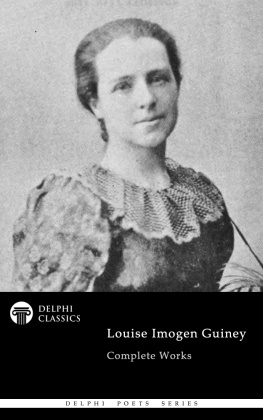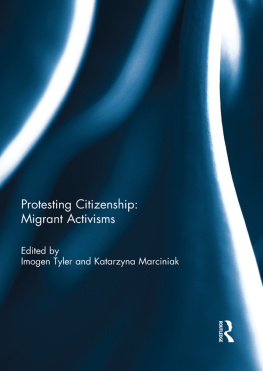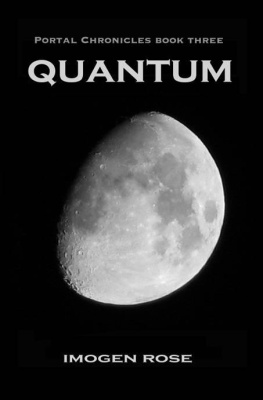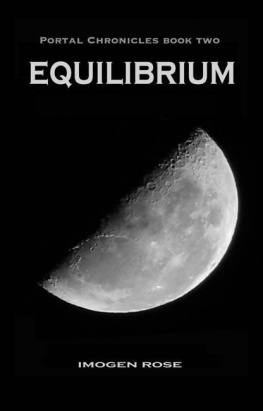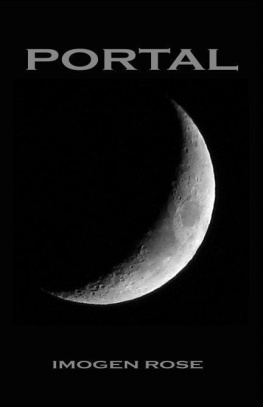ROBERT EMMET
A SURVEY OF HIS REBELLION AND OF HIS ROMANCE
The four who lived to grow up of the seventeen children born to Robert Emmet, M.D., of Cork, later of Dublin, and Elizabeth Mason, his wife, were all, in their way, persons of genius. The Emmets were of Anglo-Norman stock, Protestants, settled for centuries in Ireland. The Masons, of like English origin, had merged it in repeated alliances with women of Kerry, where the Dane, the Norman, and later invaders from nearer quarters had never settled down to perturb the ancient Celtic social stream. Dr. Emmet was a man of clear brain and incorruptible honour. The mother of his children, to judge by her letters, many of which have been privately printed, must have been an exquisite being, high-minded, religious, loving, humorous, wise. Her eldest surviving son, Christopher Temple Emmet, was named for his two paternal grandparents, Christopher Emmet of Tipperary and Rebecca Temple, great-great-granddaughter of the first Baronet Temple of Stowe, in Buckinghamshire. The mention of that prolific, wide-branching, and extraordinary family of Temple as forebears of the younger Emmets is like a sharply accented note in a musical measure. It has never been played for what it is worth; no annalist has tracked certain Emmet qualities to this perfectly obvious ancestral source. The Temples had not only, in this case, the bygone responsibility to bear, for in a marked manner they kept on influencing their Emmet contemporaries, as in one continuous mood thought engenders thought. Says Mr. James Hannay: The distinctive of the Temples has been a union of more than usual of the kind of talent which makes men of letters, with more than usual of the kind of talent which makes men of affairs. The Emmets, too, shared the distinctive in the highest degree. Added to the restless two-winged intelligence, they had the heightened soberness, the moral elevation, which formed no separate inheritance. The Temples were, and are, a race of subtle but somewhat austere imagination, strongly inclined to republicanism, and to that individualism which is the norm of it. The Temple influence in eighteenth-century Ireland was, obliquely, the American influence: a new and heady draught at that time, a draught of intellectual day. If we seek for those unseen agencies which are so much more operative than mere descent, we cover a good deal of ground in remembering that Robert Emmet the patriot came of the same blood as Sidneys friend, Cromwells chaplain, and Dorothy Osbornes leal and philosophic husband. And he shared not only the Temple idiosyncrasy, but, unlike his remarkable brothers, the thin, dark, aquiline Temple face.
Rebecca Temple, only daughter of Thomas, a baronets son, married Christopher Emmet in 1727, brought the dynastic names, Robert and Thomas, into the Emmet family, and lived in the house of her son, the Dublin physician, until her death in 1774, when her grandchildren, Temple and Thomas Addis, were aged thirteen and ten, Robert being yet unborn. Her protracted life and genial character would have strengthened the relations, always close, with the Temple kin. Her brother Robert had gone in his youth from Ireland to Boston, where his father was long resident; and there he married a Temple cousin. This Captain Robert Temple died on April 13, 1754, at his seat, Ten Hills, at Boston, in New England. His three sons, the eldest of whom, succeeding his great-grandfather, became afterwards Sir John Temple, eighth Baronet of Stowe, all settled in New England and married daughters of the Bowdoin, Shirley, and Whipple familiesgood wives and clever women. John Temple had been a thorough Whig all through the Revolution, and had suffered magnanimously for it. He had to forfeit office, vogue, and money; and little anticipating his then most improbable chances of a rise in the world, he forfeited all these with dogged cheerfulness, in the hour when he could least afford to do so. The latter-day Winthrops of the Republic are directly descended from him, and the late Marquis of Dufferin and Ava from his brother. A certain victorious free spirit, an intellectual fire, whimsical and masterful, has touched the whole race of untamable Temples, and the Emmets, the very flower of that race. Love of liberty was, in both Robert Emmet and in Thomas Addis Emmet, no isolated phenomenon, but their strengthened and applied inheritance. Captain Robert Temples second son, Robert, came back with his wife, Harriet Shirley, after the Declaration of Independence, to Allentown, Co. Dublin. His widow eventually received indemnification for the loss of their transatlantic estates. It is thus proved that Robert Temple was a loyalist to some appreciable degree. Earlier and later, however, he did considerable thinking, cherished liberal principles, and had much to say of the rights of man and other large theses to his namesake first cousin, Robert Emmet, M.D., with whom he lived for eighteen months after his return. This community of ideas was further cemented by the marriage of Anne Western Temple, Robert Temples daughter, to Dr. Emmets eldest son, Temple Emmet. Dr. Emmet was faithful to the unpopular convictions which he found himself sharing in increased degree with his cousin. Up to 1783 he was always voluntarily abandoning one position of eminence after another, as he came to dissent from English rule in Ireland. He held among other offices that of State Physician; and from a bland condemnatory notice of his youngest son in The Gentlemans Magazine for October 1803, we learn that he was also physician to the Lord-Lieutenants household. It is clear, then, that he also began his career as a trusted Conservative. But as his opinions changed, he gave up, Temple-like and Emmet-like, every position and emolument inconsistent with them; when the 98 broke out he had even ceased to practise his profession. He and his wife and their children felt alike in these matters so adversely and intimately affecting their chances of worldly success. The boys and the girl were brought up to think first of Ireland and her needs. An amicable satirist and distinguished acquaintance was wont facetiously to report Dr. Emmets administration of what the visitor named the morning draught to his little ones: Well, Temple, what are you ready to do for your country? Would you kill your sister? Would you kill me? For after this perilous early Roman pattern the catechism ran. Even if only a beloved joke, it would have been enough to seal the young Emmets for fanaticism, had not their good angels intervened. As it turned out, they were all of a singularly judicial cast. The only daughter, Mary Anne, had what used to be called, by way of adequate eulogy, a masculine understanding, and wrote pertinently and well. Her husband was the celebrated barrister and devoted Irishman, Robert Holmes. He was the true friend and adviser of the whole Emmet family, and survived his wife, who died during his imprisonment in 1804, for five-and-fifty years. Of Dr. Emmets three sons, Temple, Thomas Addis, and Robert, the former had an almost incomparably high repute for every virtue, every grace, to quote Landors mourning line for another. It is no disparagement to him to say that this was partly owing to the pathos of so short a career, and to the fact that he died ten years before the great Insurrection, twelve before the Union; seeming to belong to a prior order of things, it was the easier to praise the Emmet who did not live long enough to get into trouble, at the expense of the Emmets who did.



